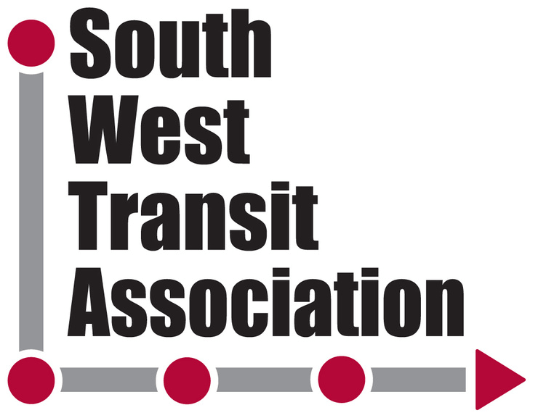Transportation benefits are a pretax contribution that employers can offer to their employees to help them get to work. Employees can use their transportation benefits to pay for public transportation, ride sharing services, parking fees, and personalized vanpool transportation. Transportation benefits can help employees commute without driving their private vehicle. Employees can share the ride to work, save money on gas and other commuting expenses, and reduce their CO2 footprint.
Offering Transportation Benefits at Your Company
Transportation benefits are a great way to expand your compensation package that may actually save your organization money via payroll tax reductions. Companies can offer monthly transportation benefits as a pretax benefit that reduces the overall payroll tax burden for employers and can help your employees save on their payroll taxes as well.
An employee getting paid $50,000 a year could reduce their taxable income to $46,640 a year when receiving qualified transportation fringe benefits (up to $280 per month in 2022). Businesses would pay around $277* less per employee every year in federal and state taxes when offering transportation fringe benefits to their employees.
Businesses and employees can also save on parking expenses when utilizing vanpools and other ridesharing options funded through transportation fringe benefits. Fewer parking spaces are needed when employees share a ride to work. Typically one vanpool vehicle can replace 5 single occupancy vehicles and the parking spots they need.
Improving Employee Acquisition and Retention
Getting to and from work can be a challenge for any employee regardless of how they commute. Traffic, vehicle maintenance, scheduling conflicts, and lack of transportation options can make employees think twice about joining or staying at an organization. Some job opportunities can remain out of reach if employees can’t reliably get to work every day.
Employers can reach a larger talent pool when hiring and ensure employees will stick around when transportation to work is reliable and predictable. Offering transportation benefits means that employees can plan for predictable transportation to work without investing in their own vehicle.
Vanpooling with MagicBus
The biggest hurdle that companies and employees often face when considering transportation fringe benefits is actually finding alternative transportation options that work for employees. Driving, traffic and parking can be challenging and expensive for car commuters and carpoolers. Public transit can be incompatible with employee schedules or simply be unavailable in the employee’s region.
Vanpooling offers a flexible commuting option that is customized to each employee’s unique commuting needs. Vanpools are groups of three to eight riders with similar commutes. Each rider meets the van near their house and shares a ride to the same location. Vanpools can be open to all public riders or offered as a private benefit to employees working at the same company.
MagicBus makes managing your vanpool program simple. Organizations can quickly and easily offer transportation benefits to employees and launch a vanpool program on the MagicBus platform. Employees can suggest new routes and sign up to drive so new routes start running immediately.
Our platform now offers dynamic vanpool scheduling in addition to route crowdsourcing so your organization can organically grow your vanpool program. New routes are added based on rider demand and vans only run when your employees are going to work. Dynamic vanpools are perfect for hybrid schedules, night workers, and the traditional 9-5 since they only run when your employees request them.
Schedule a demo today to learn more about vanpooling, transportation benefits, and MagicBus for your organization. We can help you plan, deploy, and support your vanpool program that works best for your organization and your employees. We can connect you with vehicle providers, fleets, and government organizations that can help you start or expand your vehicle fleet.
*Payroll tax rates will vary depending on employee marital status, state taxes, and other applicable taxes and deductions



